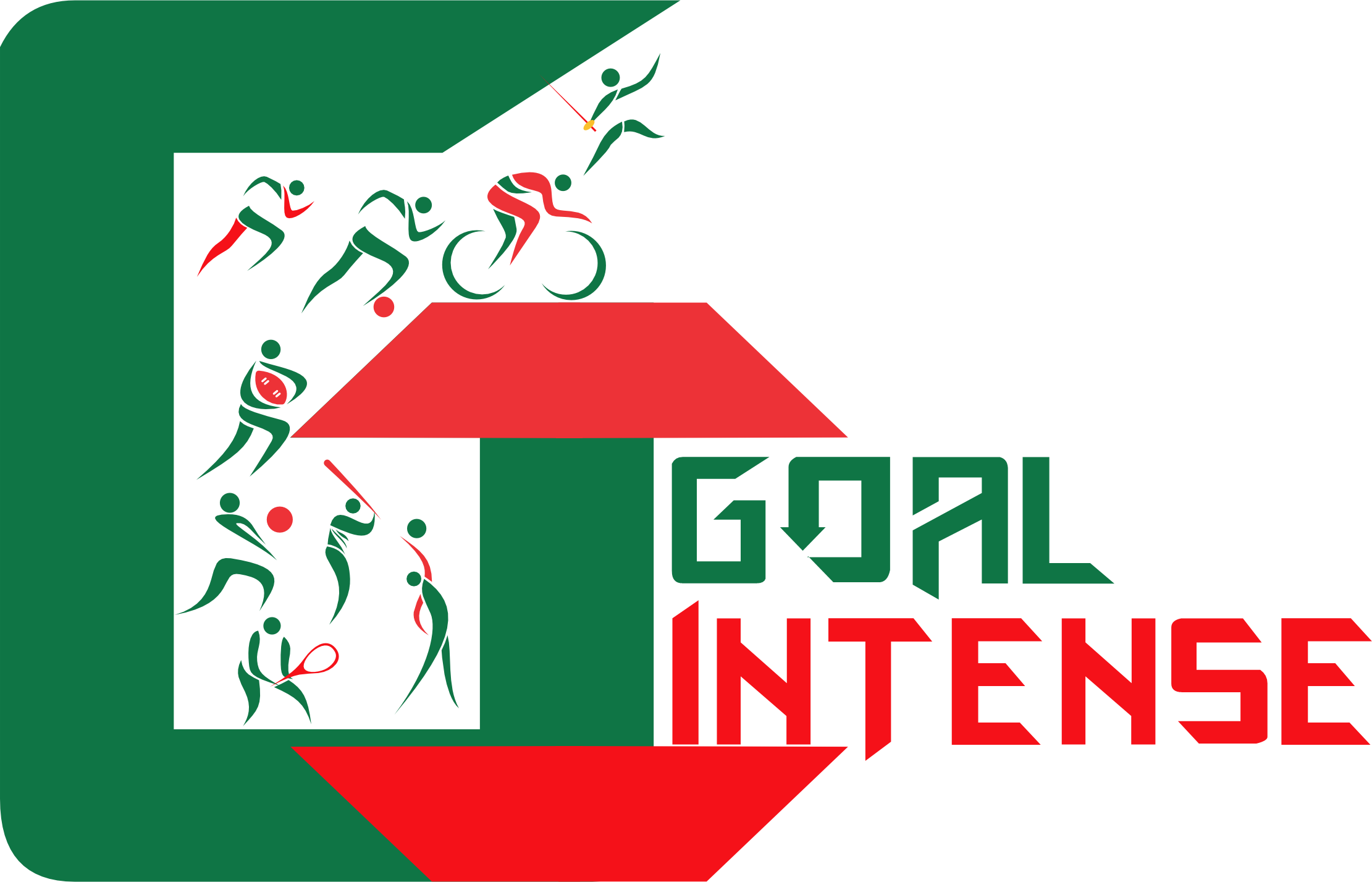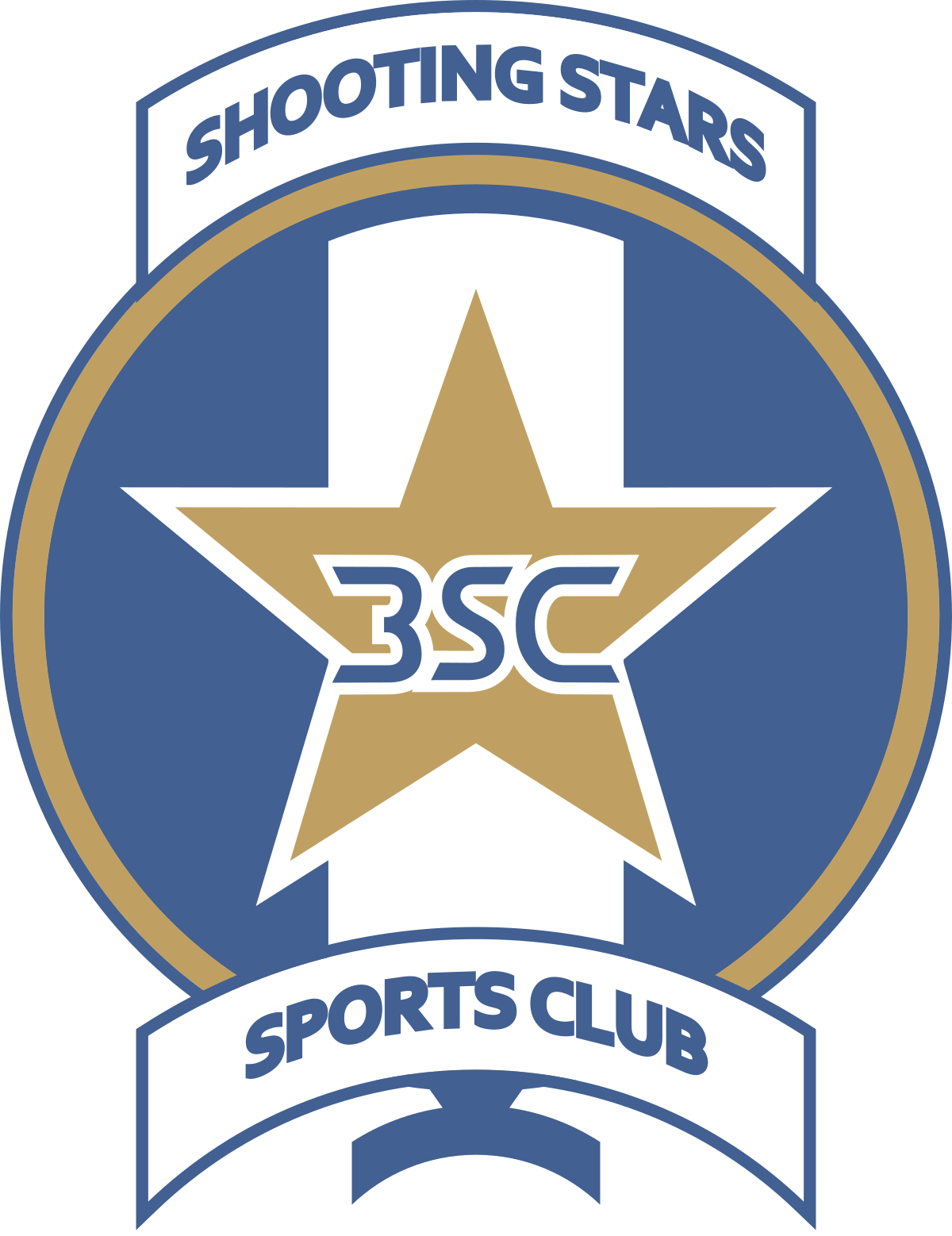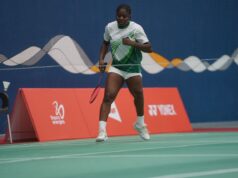Shooting Stars Sports Club, known affectionately as “3SC” or “Shooting Stars,” holds a special place in the hearts of Nigerian football enthusiasts, especially on the city of Ibadan and SouthWestern Nigerian. This club has a rich history and a legacy of success that has not only been entertained but also educated generations of Nigerians about the beautiful game. Though all these were in the 70s till late 90s.
The roots of Shooting Stars Sports Club can be traced back to its initial incarnation as the Western Nigeria Development Corporation (WNDC) Football Club, founded in 1958. The club’s early years saw it competing in regional and national leagues, setting the stage for what would become a storied history.

In 1976, WNDC Football Club underwent a transformation and was renamed the Ibadan City Football Club (IICC) as part of the Nigerian government’s efforts to promote city-based clubs. This change was accompanied by significant investments and a focus on developing local talents.

The 1970s marked a golden era for the club. Under the IICC banner, they achieved remarkable success, clinching multiple Nigerian league titles and cup championships. The team’s dominance on the domestic stage helped garner widespread attention, drawing fans from across the country to support their exploits.
One of the most iconic moments in Shooting Stars’ history occurred in 1976, Shooting Stars have played and won many matches against top club sides in Africa. 3SC won the first edition of the CAF Cup, defeating the Nakivubo Villa of Uganda 3–0 in the finals at the Lekan Salami stadium after the first leg ended goalless.

A team led by a British missionary, Allan Hawkes. He was very instrumental to Shooting Stars’ success not only on the field of play but also off the pitch. It will be good to mention the man who hired him from England, Chief Emiola Adesina, a football lover, and a 3SC supporter.

This achievement put Nigerian football on the continental map and further solidified Shooting Stars’ status as a powerhouse in African football. Thanks to the crop of best and aspiring footballers:
Best Ogedegbe (Bestila), Joe Appiah, Samuel Ojebode, Dauda Adepoju, Mudashiru Babatunde , Lawal (Shiru) , Folorunsho Gambari (Gambus), Moses Otolorin (Fantasia), Adekunle Awesu, Abai Adeleye, Zion Ogunfeyimi (Omo oba), Sam Ashante
, Sam Saka Abossey (Great Libero), Idowu Otubusen (Slow Poison), Nathaniel Adewole (Commander), Phillip Boamah (Etu), Segun Odegbami (Mathematical),
Kehinde Jeyifous, Segun Adelakun (Aya bi eyin & Sheg), Rasaki Fadare, Ismaila Bello, Kafaru Alabi, Olaide Ali, Anthony Osho.

Beyond the victories and trophies, Shooting Stars Sports Club has played a vital role in educating the and encouraging Nigerians that period through the visionary men at the helms of affairs, Chief Lekan Salami and other 3SC lovers.
The club has served as a breeding ground for emerging talents, nurturing young footballers and providing them with a platform to showcase their skills. Many Nigerian football legends, including Rashidi Yekini, Felix, Jossy Lad, Owolabi, Taiwo Ogunjobi, Segun Odegbami, Mudasiru Lawal, Abiodun Baruwa, Ajibade Babalade, Samson Siasia, Ademola Johnson, Mutiu Adepoju, Patrick Pascal, Duke Udi, Junior Ajayi, Edith Agoye, and host of others honed their craft at Shooting Stars before making their mark on the international stage.

Additionally, the club’s passionate fan base, known as “The Oluyole Warriors,” has contributed to the education of fans about the spirit of unity and unwavering support for their team. The club’s matches at the Lekan Salami Stadium in Ibadan have been a melting pot of diverse cultures, where fans from all walks of life come together to celebrate their shared love for football.
While Shooting Stars Sports Club has faced its fair share of challenges over the years, including financial struggles and changes in management, its enduring legacy as a football institution in Nigeria remains intact, the club’s ability to inspire, entertain, and educate generations of Nigerians exemplifies the profound impact that football can have on society, transcending the boundaries of the beautiful game to impart valuable life lessons and foster a sense of unity and pride.








